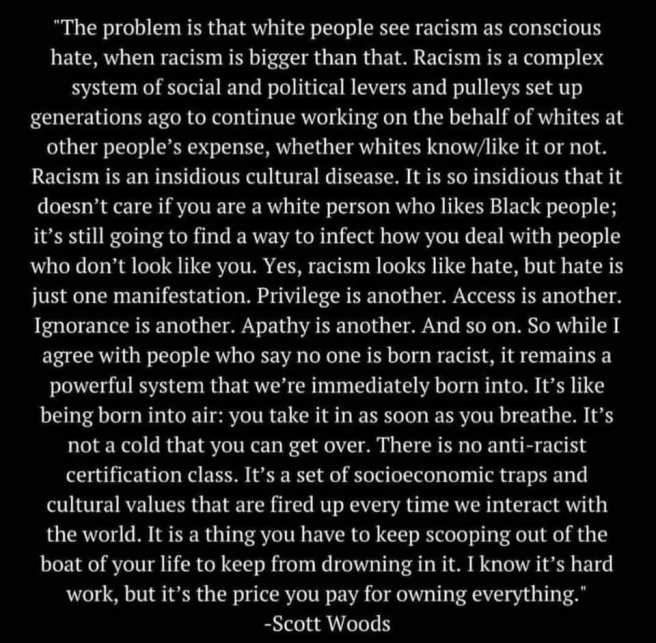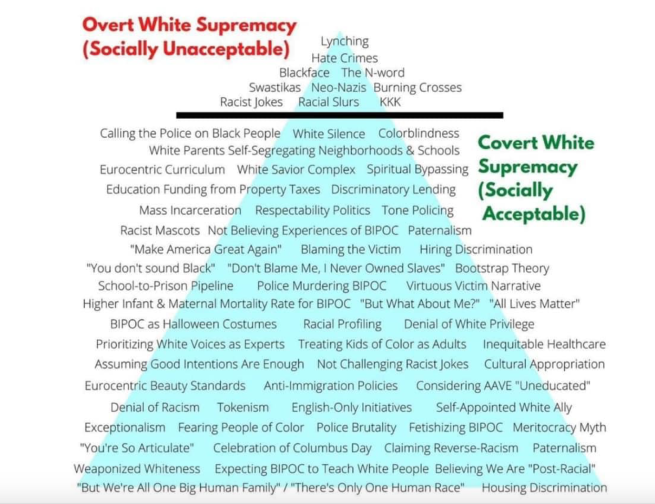2017 wasn’t a pretty year—nevertheless, we persisted. The weather today wasn’t pretty either—20F with a wind chill around 5F—nevertheless, we persisted in our march. “Why I Marched” has been my most-read post to date, and to observe the second annual Women’s March, it’s time for a repost. I marched again today for pretty much the same reasons as last year, many of which have since been intensified. Thanks for reading.
Why I Marched
I’m a progressive Christian, and I’m pro-life. Many people think people like me don’t exist. Sometimes I wonder if I’m the only one, but I know I’m not alone. Many Christians think that all progressives and liberals are pro-abortion. And many liberals think that all Christians are backward, hateful hypocrites. I’ve heard that the Women’s March didn’t allow pro-life women to march, but nobody asked me to leave. All I felt was love. I’m pro-life, and in a much fuller sense of the word than simply pro-birth. Jesus came to give us life, and life ABUNDANT.
Life begins with conception. Yes. But as a follower of Jesus, my obligation to protect life does not end with a baby’s birth. Jesus calls me to protect life by providing decent healthcare, education, and housing for ALL. Jesus calls me to feed the hungry, clothe the naked, and visit the sick and imprisoned. I take Him at His word in Matthew 25. Jesus tells us that whatever we do for the least of these, we do for Him. He calls me to welcome the stranger, the foreigner, the DACA recipients, the refugees and asylum seekers; to protect those who are fleeing war, torture, and violence. Jesus calls me to stand for the rights of women and girls the world over, for people of every color. He calls me to stand for the life and dignity of people with disabilities. I’m even pro-life and pro-equal rights for LGBTQ folks. I take Jesus at His word when He says, “Do not judge, or you too will be judged.”
The Bible calls me to steward the environment, which sustains human life on earth. If we don’t take care of the home God gave us, there will not be any life for much longer. Climate change is real.
I’m for Fair Trade. I’m for a living wage. I’m for treating others as I would want to be treated. I’m for loving my neighbor—all my neighbors on this entire planet. I’m for LIFE ABUNDANT, FOR ALL.
Jesus was at the Women’s March. I saw Him. I saw Jesus in the women and girls of all ages. I saw Jesus in the people with tattoos and piercings. I saw Jesus in the men young and old who marched to support women’s rights. I saw Him carrying a sign that read “Undocumented and Unafraid.” I saw Him in the black man who applauded our march with tears in his eyes. I saw Him in the police officers who blocked traffic for us to march safely, and in the people who thanked them for doing their job well. I saw Jesus at the March.
The Women’s March was not a gathering of victims, complainers, or whiny women. It was a demonstration of strength in unity, asking that ALL people be treated with love, care, and respect. The most common chant I heard was: “No hate. No fear. Everyone is welcome here.” It was a demonstration of inclusion, equal rights, education, and health care for ALL. Documented estimates of how many people marched range from 3-5 MILLION. There were hundreds of marches across the country and around the world. Thank God that they were PEACEFUL. No arrests were made at the Women’s March.
Those friends I walked with? Also followers of Jesus. These sisters are women who have slept on floors with me mentoring young teens, inside the local rescue mission. We have eaten together with youth at the local soup kitchen. We have taken young people to the same park where we marched, given sack lunches to homeless people there, and listened to their stories. These women serve with me as volunteers for refugees, teaching them English, mentoring families, and watching the children so their moms can be together and sew. They join me monthly in prayer, and they serve on church committees, trying to teach others how to serve. None of us does these things to earn a reward. Faith without works is not faith at all. Jesus’ followers will be known by their love. Jesus came to:
preach good news to the poor…
proclaim freedom for the prisoners
and recovery of sight for the blind,
to release the oppressed,
to proclaim the year of the Lord’s favor.
If we’re following Jesus, that’s where He’s leading.
I marched for my gay friends who love Jesus. I marched for my refugee friends. I marched for my friends who have lived through rape and abortions. I marched for my Muslim friends. I marched for the women who are groped and abused and underpaid every day. I marched for the girls and boys who are marketed and sold for other people’s pleasure and profit. I marched for Native Americans, the only Americans who are not immigrants. I marched to bring liberals and Christians together—the two terms are not mutually exclusive. Jesus told me to love my neighbor, and that’s why I marched. My loyalty is to Jesus, not to any political party. We’re all broken and in need of a savior, and Jesus came for all of us, to bring us life—life abundant.










